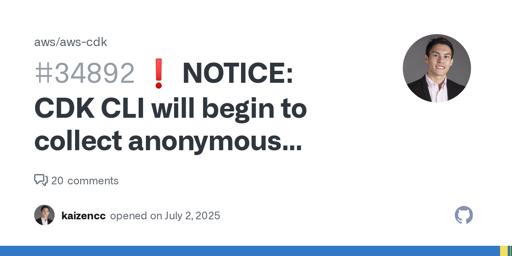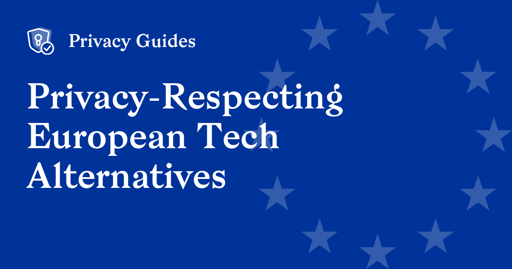

I wonder if the influx of slop contributions can be stemmed by a legal document that makes the contributor legally liable for their submission.
Seems like lawyers have been learning the hard way to be accountable for their slop, perhaps these lessons can be leveraged in the open source community.




















And how will Instagram know who my parents are?